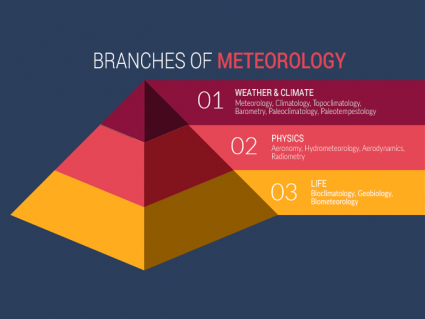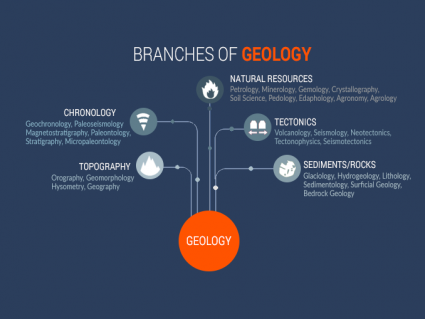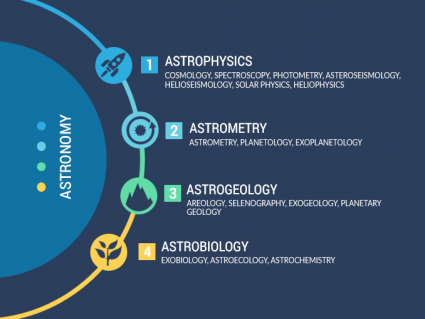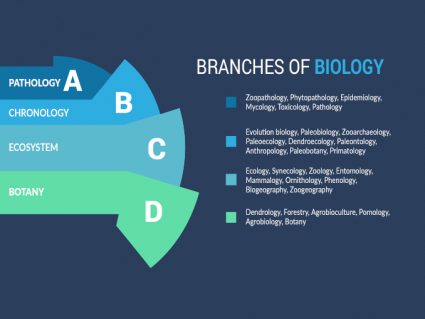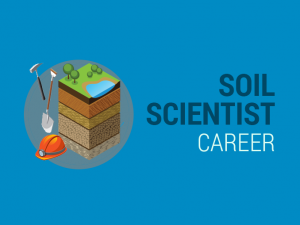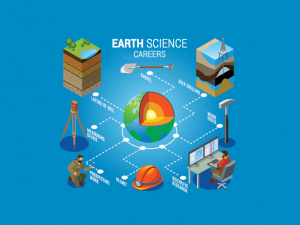What Is a Geophysicist?
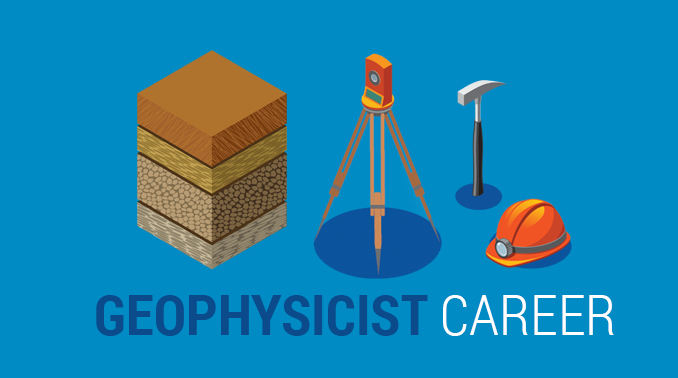
“Geophysicists study the physical processes that relate to Earth and its surrounding space. For example, they work in seismic, marine, and gravity for subsurface investigations.”
A geophysicist is a scientist who studies the Earth’s natural processes and how they interact with humans. They study how the Earth behaves, including earthquakes, erosion, volcanoes, and more.
Geophysicists also explore the land’s past and present geology in order to predict its future. This career is one of the most fascinating fields out there for students who want to work with their hands and hearts.
For instance, who are typical employers for a geophysicist career? How much do geophysicists earn? You’re here to find out more about this exciting career. So, take a look below to learn more about this career.
Where do geophysicists work?
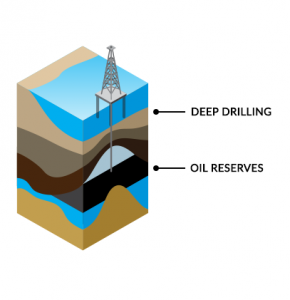
Geophysicists do exploration work, especially in mining, oil, and gas. For instance, they use gravity, magnetics, and seismic in the exploration stage.
The oil industry uses geophysics using seismic surveys and tomography for subsurface structure mapping. Then, in-hole tools measure rock characteristics.
Large and deep underground mines also need geophysicists for seismic monitoring. It’s more about narrowing down target areas for saving money in the long run.
This type of interpretation work is useful in exploration. But after finding deposits, geophysicists are less involved during the production stage.
What’s the difference between geophysics and geology?
Although geology and geophysics are similar sciences, they’re different from each other. In fact, we list geophysics as one of the branches of geology.
As the name implies, geophysicists focus on physics-based measurements. By using radar, electrical, magnetic, and gravimetric data, they infer the structure of the Earth.
By understanding enough about geology, geophysicists interpret the data based on an image from a very unusual camera. But geologists use geophysical data, surface mapping, and other sources to interpret the conditions and the sequence of events that led to them.
Geologists understand the detailed makeup of the rocks involved. Whereas geophysicists are not as specialized in recognizing the compositional difference.
So, either profession you choose (geophysicist or geologist), you should learn a healthy dose of the opposite science. A good geologist understands rocks and the history of our planet. But they also need to understand geophysics at a reasonable level.
How much do geophysicists make?
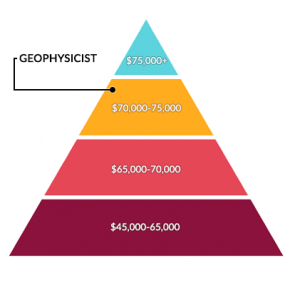
The ups and downs of the natural resource industry often put geophysicists in a challenging job market. But on average, there is moderate growth in the field of geophysics.
Salaries range significantly for geophysicists. Salaries can range from 60,000$ to 100,000$ and are highly dependent upon the industry and market. The average salary is about 73,300$ which is above average for environmental science careers.
Geophysicists often require a Bachelor’s Degree or higher. Work experience is tremendously valuable in this profession. They often work in the field or office setting. Although the job market is challenging for geophysicists, this is the reality for many environmental science careers.
This means that all the standard job-seeking advice applies, like networking and visiting conferences. Find mentorship, volunteering, and internships if you are a student trying to get your foot in the door.
What Is a Geophysicist?
A geophysicist is a scientist who specializes in studying the physical properties and processes of the Earth, employing principles of physics and mathematics to understand the Earth’s structure, composition, and behavior.
They investigate phenomena such as seismic activity, magnetic fields, gravitational forces, and electromagnetic waves to gain insights into geological processes, natural resource exploration, and environmental monitoring.
Got any questions? We’d love to hear from you. If you just have any questions about geophysicists in general, please send us your questions and comments below.

